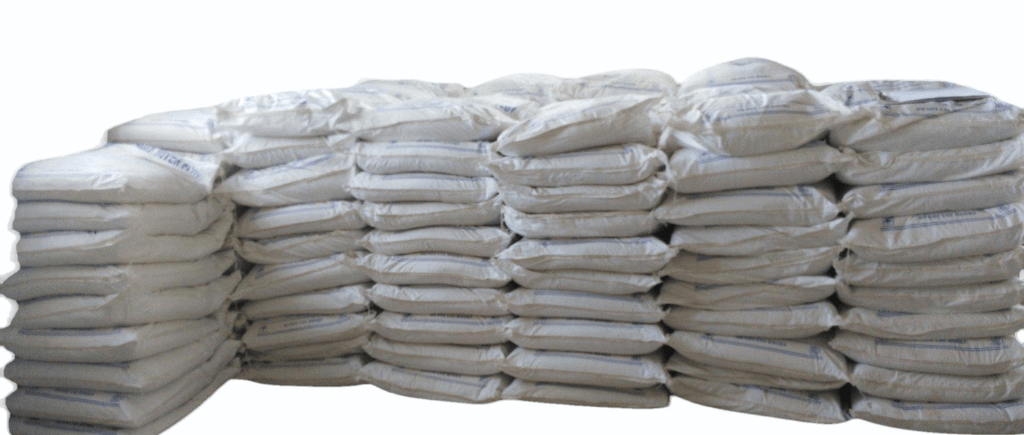Welding is a crucial process in various industries, from construction to automotive manufacturing. Central to this process is the welding electrode, a vital component in achieving strong and reliable welds. Understanding how these electrodes are manufactured is key to appreciating the quality and performance they bring to different applications. In this article, we will delve deep into the intricacies of a welding electrode manufacturing plant, exploring the production process, the materials used, and the various quality control measures that ensure the highest standards.
Introduction to Welding Electrodes
Welding electrodes, also known as welding rods, are essential in the welding process as they conduct current and melt to form a weld. There are different types of welding electrodes, each suited to specific welding techniques and applications. These include consumable and non-consumable electrodes. The choice of electrode depends on the type of metal being welded, the welding conditions, and the desired strength of the weld.
Importance of Quality in Welding Electrodes
The quality of welding electrodes is paramount. Poor-quality electrodes can lead to weak welds, increased spatter, and even weld failures. For industries that rely heavily on welding, such as shipbuilding or pipeline construction, the integrity of the weld is critical. Therefore, manufacturers of welding electrodes must adhere to strict quality standards throughout the production process.
Overview of a Welding Electrode Manufacturing Plant
A welding electrode manufacturing plant is a facility where the entire process of producing welding electrodes takes place. The plant is equipped with specialized machinery and tools designed to handle the raw materials, process them into electrodes, and package the final product for distribution. The efficiency and capability of the plant directly impact the quality and consistency of the electrodes produced.
Raw Materials Used in Welding Electrode Manufacturing

The production of welding electrodes begins with the selection of high-quality raw materials. The core materials typically include:
- Mild Steel Wire: This is the primary material used for the core of the electrode.
- Flux Material: The flux coating on the electrode is crucial as it stabilizes the arc and provides protection against contamination.
- Alloying Elements: These are added to enhance the properties of the weld, such as strength, corrosion resistance, and ductility.
The Manufacturing Process of Welding Electrodes
The manufacturing process of welding electrodes involves several key steps, each crucial to the final quality of the product.
Wire Drawing
The first step in the production process is wire drawing, where the mild steel wire is drawn to the desired diameter. This step is critical as it determines the core size of the electrode, which in turn affects the welding current and the type of weld produced.
Cutting and Straightening
Once the wire is drawn, it is cut to specific lengths and straightened. Precision in this step ensures that the electrodes are uniform in size, which is important for consistent performance during welding.
Flux Coating Application
The next step is the application of the flux coating. The wire is passed through a flux coating machine, where it is coated with a mixture of flux material. The coating not only stabilizes the arc but also protects the weld pool from atmospheric contamination.
Quality Inspection
Quality control is an integral part of the manufacturing process. After baking, the electrodes undergo a series of inspections to check for consistency in coating thickness, diameter, and overall quality. Any defective electrodes are removed from the batch to ensure only the best products reach the customer.
Quality Control Measures in Electrode Manufacturing
To maintain high standards, a welding electrode manufacturing plant implements several quality control measures. These include:
- Regular Testing: Electrodes are tested for various parameters such as tensile strength, elongation, and weldability.
- Batch Consistency: Each batch of electrodes is carefully monitored to ensure consistency in composition and performance.
- Certifications: Many manufacturers obtain certifications such as ISO to demonstrate their commitment to quality.
Challenges in Welding Electrode Manufacturing
Despite advancements in technology, welding electrode manufacturing is not without its challenges. Some common issues include:
- Raw Material Variability: Inconsistent quality of raw materials can lead to variations in the final product.
- Machine Maintenance: Regular maintenance of machinery is required to prevent breakdowns and ensure smooth operations.
- Environmental Concerns: The manufacturing process involves the use of chemicals and energy, which can have environmental impacts. Managing these aspects is crucial for sustainable production.
Innovations in Welding Electrode Manufacturing
The welding electrode industry is constantly evolving, with new innovations being introduced to improve product quality and manufacturing efficiency. Some recent advancements include:
- Automated Production Lines: Automation reduces the chances of human error and increases production speed.
- Advanced Coating Techniques: New coating methods are being developed to enhance electrode performance in challenging welding conditions.
- Sustainable Practices: Manufacturers are adopting greener practices, such as using recycled materials and reducing energy consumption.
The Future of Welding Electrode Manufacturing

As industries continue to demand higher-quality welds, the future of welding electrode manufacturing looks promising. We can expect to see more focus on:
- Customization: Tailoring electrodes to meet specific customer requirements.
- Enhanced Durability: Developing electrodes that can withstand more extreme conditions.
- Global Expansion: As developing countries continue to industrialize, the demand for welding electrodes is likely to increase, leading to the expansion of manufacturing facilities worldwide.
In conclusion, the welding electrode manufacturing plant is a complex and highly specialized facility that plays a crucial role in various industries. The quality of the electrodes produced directly impacts the strength and reliability of welds, making the manufacturing process a critical factor in the success of any welding operation. Companies like Logos Weld Products are at the forefront of this industry, ensuring that their electrodes meet the highest standards of quality and performance.






